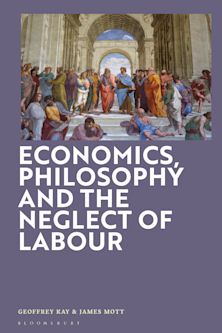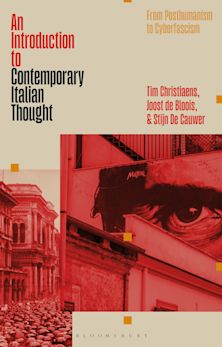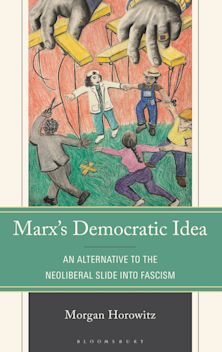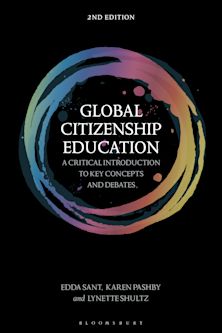- Home
- ACADEMIC
- Philosophy
- Social and Political Philosophy
- Jean-Jacques Rousseau
- Delivery and returns info
-
Free US delivery on orders $35 or over
You must sign in to add this item to your wishlist. Please sign in or create an account
Description
Rousseau is most often read either as a theorist of individual authenticity or as a communitarian. In this book, he is neither. Instead, Rousseau is understood as a theorist of the common person. In Strong's understanding, Rousseau's use of 'common' always refers both to that which is common and to that which is ordinary, vulgar, everyday. For Strong, Rousseau resonates with Kant, Hegel, and Marx, but he is more modern like Emerson, Nietzsche, Eittegenstein, and Heidegger. Rousseau's democratic individual is an ordinary self, paradoxically multiple and not singular. In the course of exploring this contention, Strong examines Rousseau's fear of authorship (though not of authority), his understanding of the human, his attempt to overcome the scandal that relativism posed for politics, and the political importance of sexuality.
Table of Contents
Chapter 2 Rousseau and the Experience of Others
Chapter 3 The General Will and the Scandal of Politics
Chapter 4 The Education of an Ordinary Man
Chapter 5 The Ends of Politics
Product details
| Published | Apr 08 2002 |
|---|---|
| Format | Paperback |
| Edition | 1st |
| Extent | 232 |
| ISBN | 9780742521438 |
| Imprint | Rowman & Littlefield |
| Dimensions | 9 x 6 inches |
| Series | Modernity and Political Thought |
| Publisher | Bloomsbury Publishing |
About the contributors
Reviews
-
Tracy Strong's book is as much an elegant and compelling evocation of Rousseau himself, or of his spirit, as it is a very fine analysis of the books and the ideas. This makes it a critically important achievement, since that spirit or frame of mind has had more to do with whatever common world and unresolved problems we still share than the work of any other modern. This book is an extraordinary acknowledgement of Rousseau and od how Rousseau wanted to be read, and thereby, in a strikingly original and lucid way, helps make available to us the problem of a 'common humanity,' as Rousseau saw it.
Robert B. Pippin, University of Chicago
-
In lucid and thoughtful fashion, Tracy Strong directs our vision to Rousseau's analysis of the mysterious character of ordinary life and its meaning for politics. The reader will be delighted and challenged by the vision of Rousseau that Strong presents. Particularly insightful is Strong's discussion of Rousseau's preference for humanity over authority and for self-constituting communities over political impositions by external agency. Rousseau in Strong's hands becomes an important precursor of postmodernity or perhaps even the first postmodern man. This book will thus be of interest not merely to political theorists and philosophers, but to all those engaged with postmodernism in literature and other kindred disciplines.
Michael Allen Gillespie, Duke University



































